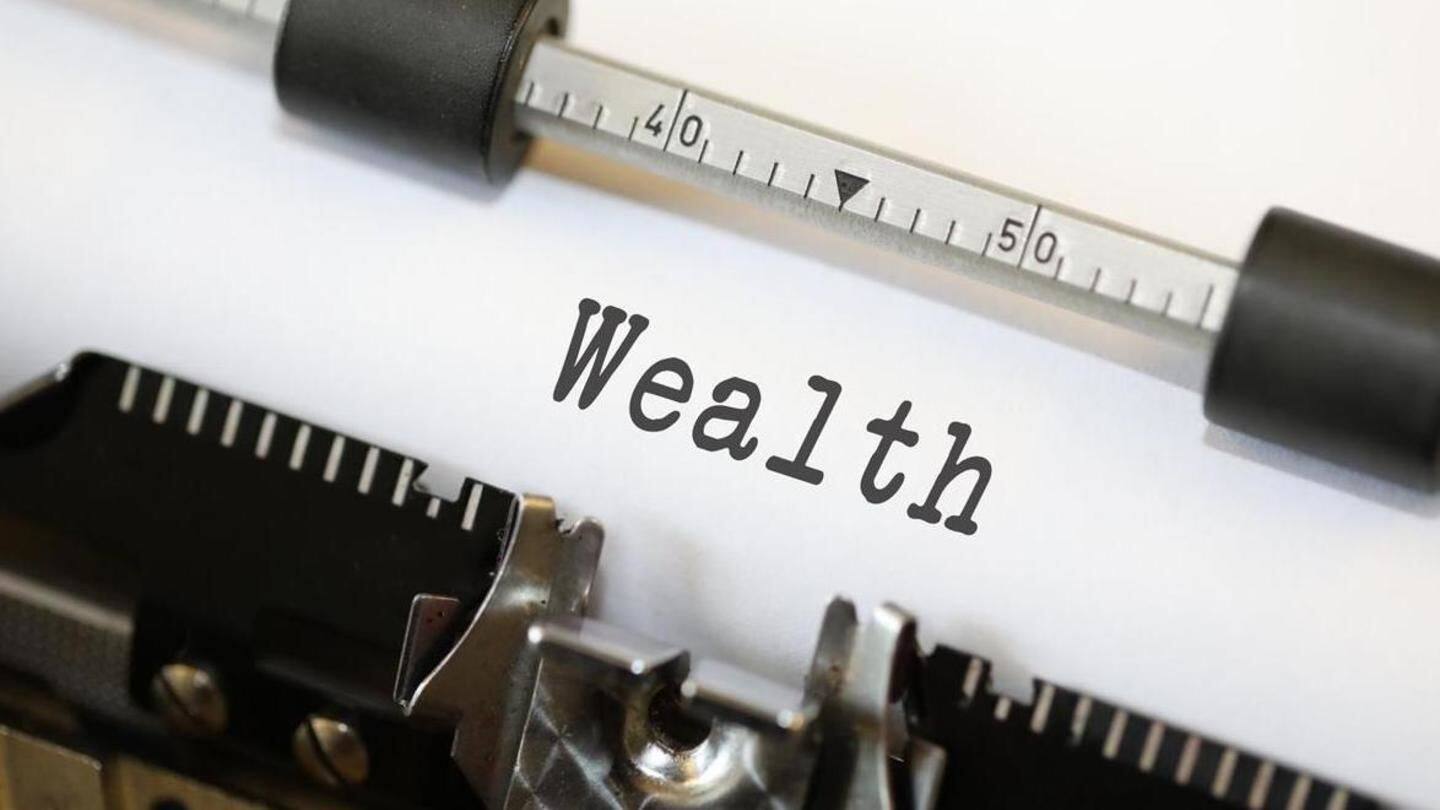
Richest 1% will own 64% of world's wealth by 2030
What's the story
According to a report by the House of Commons library, the richest 1% of the world will own 64% of the world's total wealth by 2030. This equates to 7.6 crore people holding two-thirds of the total wealth available for 760 crore people. The alarming projection by the lower house of the British Parliament analyzed trends seen since the financial crash of 2008.
2008 recession
Wealth of richest 1% growing 6% annually since 2008
Since the global recession of 2008, the wealth of the world's richest 1% has been growing at 6% per year on an average. In comparison, the wealth of the remaining 99% of the world's population has been growing at an average of 3% annually. If the trend continues, the top 1% would end up with $305 trillion by 2030, up from $140 trillion today.
Information
Possible causes?
Analysts suggest that this disparity in wealth distribution is due to income inequality, higher savings, and asset accumulation among the wealthy in the form of equity investments and stocks. This gives them disproportionate benefits.
Public Opinion
How will the 99% of the population take it?
World leaders are being warned of growing distrust and anger among the masses. According to a poll by research agency Opinium, 34% of UK voters said the super-rich would have the most power in 2030, while 28% opted for national governments. 41% of those surveyed feared wealth inequality would result in rising corruption, while 43% feared the "super-rich enjoying unfair influence on government policy."
Quote
Global economic inequality has reached a tipping point
Liam Byrne, the former Labour cabinet minister who commissioned the research, said that global inequality has reached "a tipping point". "A future that remains unequal for good is morally bad, and economically disastrous, risking a new explosion in instability, corruption, and poverty," he said.
Amends
The need for a global action
In a cross-party call for action, experts and leaders are hoping to stir a conversation on unequal wealth distribution at the upcoming G20 Summit 2018 in Buenos Aires in November. This might create pressure for global action on remedies like improving productivity to ensure wage rise and reforming capital markets to promote greater equality.
Do you know?
Closer home
In India, 1% of the top-most rich population owns 73% of the total wealth of the country. According to a research by market data company Capitaline, India's top 100 executives earn 243 times more than an average employee.